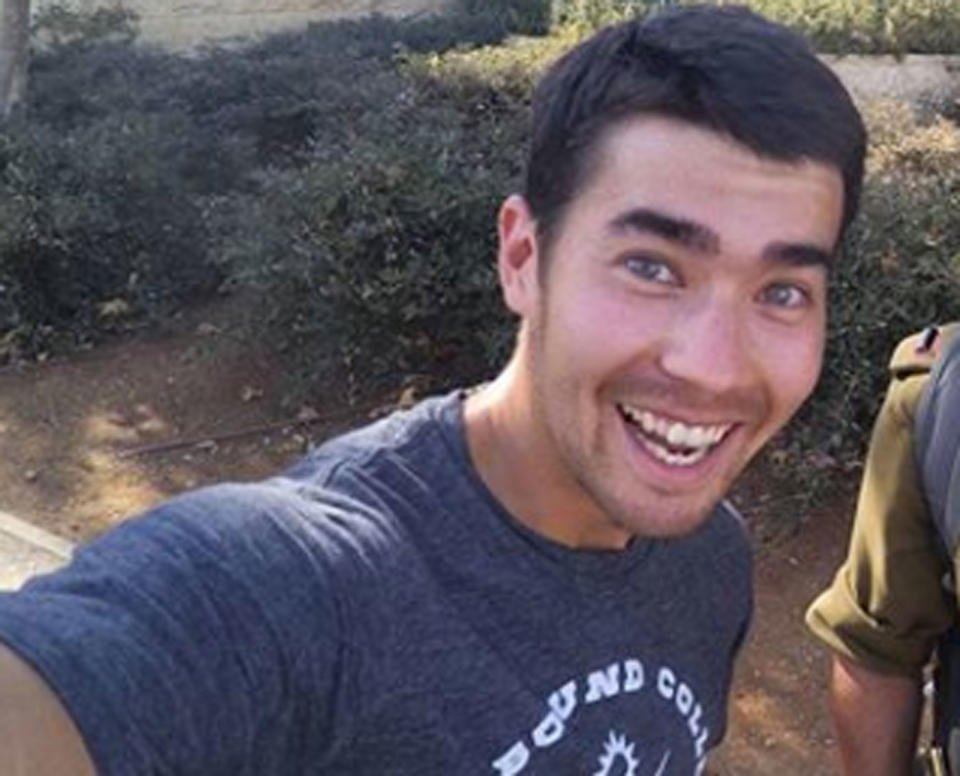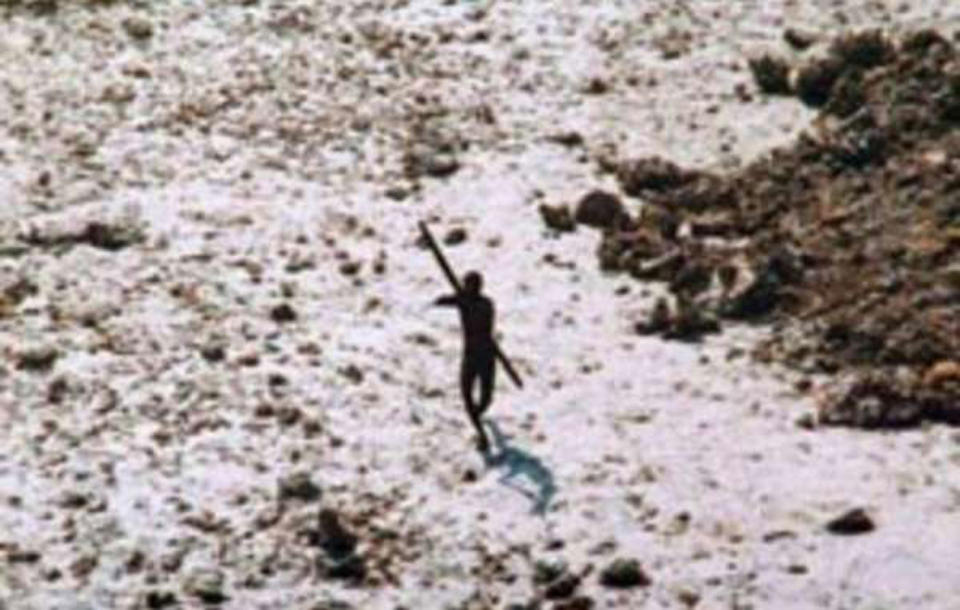Bizarre theory over missionary 'killed by tribe' on remote island
Friends and family of a US missionary who died on a remote Indian island believe he could still be alive.
John Allen Chau, 26, travelled to North Sentinel Island off the coast of India on November 16 where police said he was killed by the locals in a bow and arrow attack before being buried.
Mr Chau was said to be visiting the island to introduce Christianity.
There have been a number of issues retrieving the 26-year-old’s body as authorities don’t travel there.
The Sentinel Islanders live as their ancestors did thousands of years ago.

However, John Middleton Ramsey, a close friend of Mr Chau’s, told The Sun Online the lack of a recovered body and eyewitness reports mean his mate could still be alive.
“His mother is a Christian too and she has said that in her prayers that she had feelings that John might still be alive,” Mr Ramsey told The Sun.
“And there weren’t a whole lot of eyewitnesses and so since his body hasn’t been found we shouldn’t rule it out – even if it is a small chance.”
However, he added if his friend did perish Mr Chau wouldn’t want to endanger anyone’s life in attempting to recover his body.
Dependera Pathak, a director-general of police for the area including the island, said Mr Chau’s cause of death can’t be confirmed until the body is recovered.
He added seven people have been arrested for helping Chau, including five fishermen, a friend of Chau’s and a local tourist guide.

Islanders ‘are a treasure’
Survival International, a rights group dedicated to protecting tribal people, has urged Indian authorities to abandon efforts to recover Mr Chau’s body.
Indian officials have travelled repeatedly in recent days near the remote island but have not set foot on it.
Scholars believe the Sentinelese are descendants of Africans who migrated to the area about 50,000 years ago and survive on the small, forested island by hunting, fishing and gathering wild plants. Almost nothing is known of their lives, except that they attack outsiders with spears or bows and arrows.

Survival International’s director, Stephen Corry, said in a statement Monday that any efforts to recover the body would be “incredibly dangerous” for both Indian officials and the Sentinelese, who face being wiped out if any outside diseases are introduced.
“The risk of a deadly epidemic of flu, measles or other outside disease is very real, and increases with every such contact. Such efforts in similar cases in the past have ended with the Sentinelese attempting to defend their island by force,” Mr Corry said.
He added the body of Mr Chau “should be left alone as should be the Sentinelese.”
Mr Corrr was also critical of Indian’s relaxation of controls over visitors to such islands.
“The weakening of the restrictions on visiting the islands must be revoked, and the exclusion zone around the island properly enforced,” he said.

He said the islanders should get the chance to determine their own fate.
“All uncontacted tribal peoples face catastrophe unless their land is protected,” he said.
An Indian police official earlier said they do not want to disturb the islanders’ existence.
“They are a treasure,” Mr Pathak said.
“We cannot go and force our way in. We don’t want to harm them.”

There has been no significant contact with the Sentinelese for generations.
Anthropologists used to occasionally drop off gifts of coconuts and bananas, but even those visits were stopped years ago.
Indian officials said earlier that they were consulting anthropologists to see how they can approach with a friendly gesture.
They watched the Sentinelese from a distance in recent days. On Saturday the tribesmen were armed with spears and bows and arrows, but did not attempt to shoot them at the authorities.
With Associated Press


